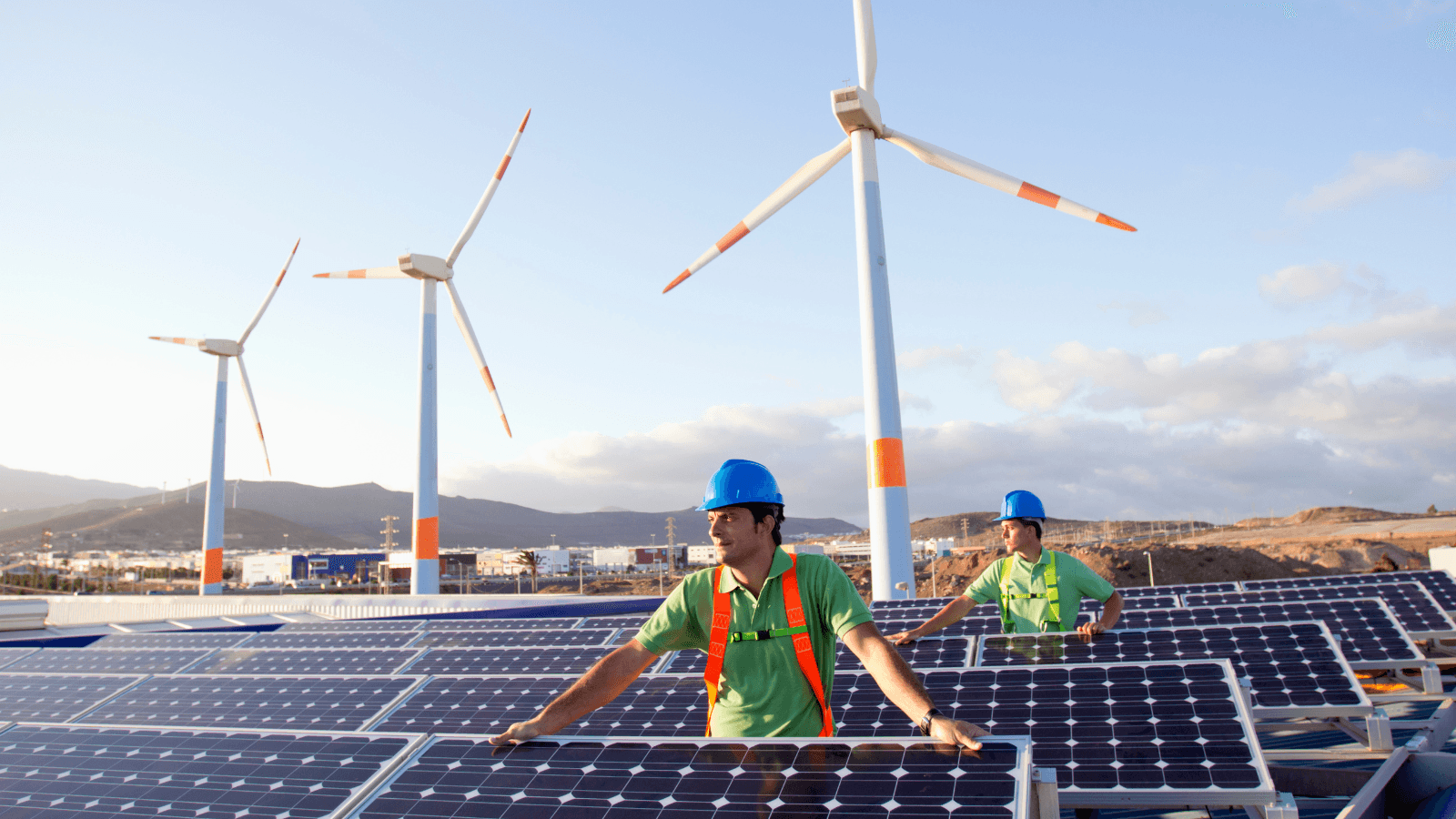
New independent analysis by four expert energy modeling groups projects that the Bipartisan Energy Permitting Reform Act of 2024, which was reported out of the Senate Energy and Natural Resource Committee with strong bipartisan support (15-4), will produce net reductions in carbon emissions by streamlining the permitting process and removing bottlenecks that have slowed the buildout of clean energy in America.
In response, Evangelical Environmental Network President and CEO, Rev. Dr. Jessica Moerman, released the following statement:
In this critical decade, we face the challenge of meeting rising energy demands while ensuring a healthy environment and safe climate for all God’s children to thrive in. To meet the moment, we must diversify America’s energy mix with affordable and reliable clean energy that will secure our grid, lower household energy costs, and clean our air by cutting dangerous carbon pollution. The bipartisan Energy Permitting Reform Act (EPRA) led by Senator Manchin (I-WV) and Senator Barrasso (R-WY) will do just that by finally leveling the playing field for clean energy to compete on a more equal footing in the market with fossil energy sources and will advance the buildout of interregional transmission that will finally connect our currently separate and isolated regional energy grids. Interregional transmission is critical to preventing loss of life during deadly electrical blackouts, like the 2021 Texas power freeze and the increasing number of heat-wave-related power outages across the country. With interregional transmission connections, neighboring grids can answer the call to deliver surplus energy to their neighbors-in-need to help keep the lights on and critical systems, like heating, cooling and medical devices, running. To fully realize the climate and clean energy benefits that are possible under the Inflation Reduction Act, it’s necessary to streamline the permitting process that is currently holding up the buildout of clean energy projects, including renewables and geothermal.
While we are not supportive of everything in the bill, independent analysis projects that EPRA will cut carbon emissions overall. With the harms of unhealthy air and a rapidly warming world falling most harshly and unfairly on the most vulnerable, whom we as Christians are called to give special care, we can’t afford to let this opportunity slip by. However, when it comes to protecting God’s creation and defending the health and lives of our children and frontline communities, we also can’t cut corners. The bill’s oil and gas provisions must be paired with robust bonding reform to ensure companies entrusted to responsibly steward America’s precious natural resources return our public lands to the people in as good, or better, condition than they received it. Strong pollution safeguards must also be guaranteed to defend the health and lives of families and communities living near oil and gas production, refineries, and across the fossil energy distribution chain. We also look forward to working with the bill’s sponsors to ensure meaningful public engagement, especially by communities most affected by pollution. In our polarized time, we are grateful to Chairman Manchin and Ranking Member Barrasso for working together across the aisle, and we especially thank their hardworking staff for their persistence and dedication to advancing bipartisan solutions to the climate, health, and energy challenges we face today.






